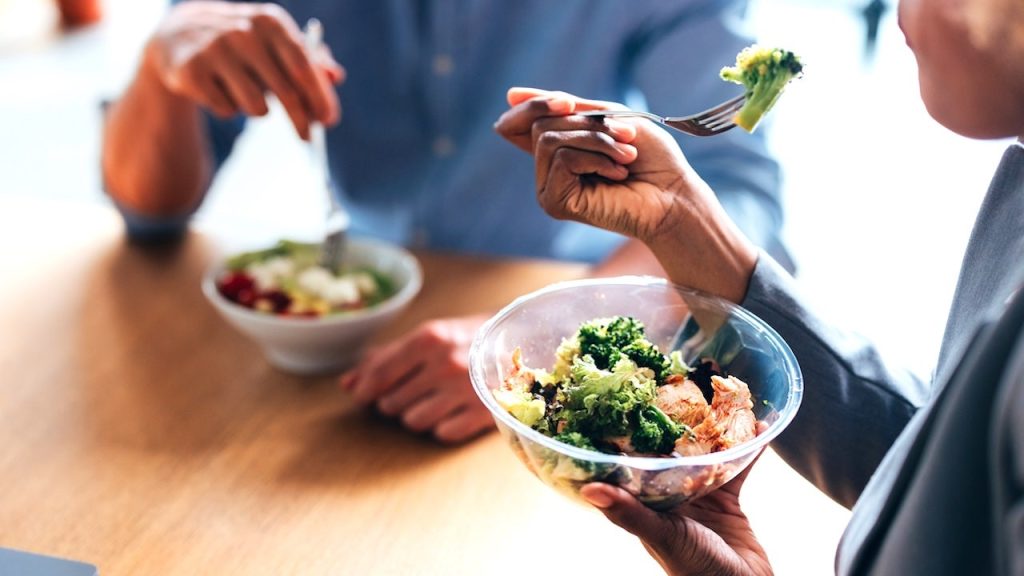NEWYou can now listen to Fox News articles!
Including more broccoli in your diet could reduce the risk of colon cancer, new research suggests.
Diet is known to be a key modifiable risk factor for colon cancer — particularly a lack of vegetables and dietary fiber, as well as excessive alcohol and caffeine consumption, according to researchers.
Cruciferous vegetables — including broccoli as well as cauliflower, kale, cabbage and Brussels sprouts — have previously been identified as risk-reducers, but it was unclear what volume of consumption had this benefit.
COLORECTAL CANCER MAY CAUSE THESE 4 HIDDEN WARNING SIGNS
These types of vegetables contain special natural compounds called glucosinolates, which break down into powerful substances called isothiocyanates, the researchers revealed.
Isothiocyanates can help to keep cancer at bay by detoxifying the body, killing damaged cells and slowing or stopping the growth of unhealthy cells.
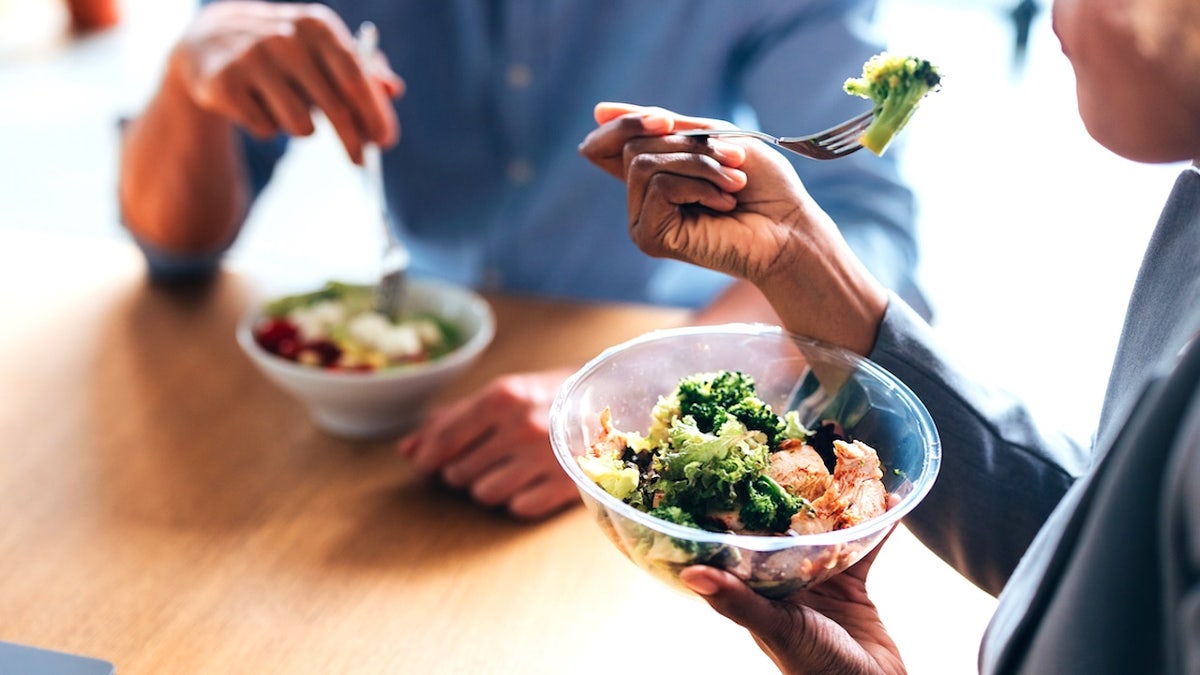
Including more broccoli in your diet could reduce the risk of colon cancer, new research suggests. (iStock)
Chinese researchers analyzed 17 studies that included a total of 639,539 participants, 97,595 of whom were ultimately diagnosed with colon cancer. The studies were pulled from the PubMed, Scopus, Embase, Web of Science and Cochrane Library databases.
Based on the participants’ food questionnaires and cancer status, the study found that consuming cruciferous vegetables was linked to a reduced risk of colon cancer.
COLON CANCER MAY BE MISSED AS DOCTORS RELY ON AI, ALARMING STUDY WARNS
Compared to participants who ate the least amount of the veggies, the group that ate the most had a 17% lower risk of colon cancer.
Eating approximately 20 grams per day was linked to a “significant decrease” in risk, with the decline leveling off at around 40 grams per day.
The findings were published in the journal BMC Gastroenterology.
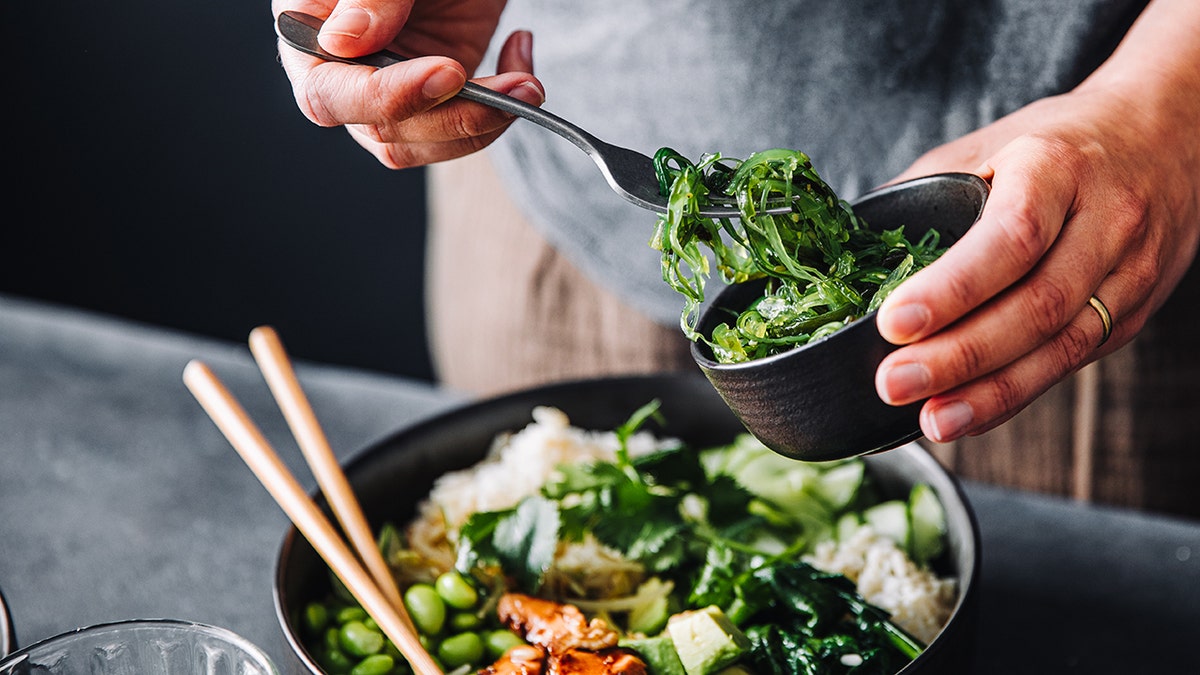
Cruciferous vegetables — including broccoli as well as cauliflower, kale, cabbage and Brussels sprouts — have previously been identified as cancer reducers. (iStock)
The researchers noted that the study had some limitations.
“These findings should be interpreted cautiously due to methodological limitations, including heterogeneity in study designs, dietary assessment methods and potential residual confounding,” they wrote.
“Not only do ultraprocessed foods increase your risk of colon cancer, but healthier diets high in vegetables — especially cruciferous vegetables — decrease that risk.”
Another limitation is that most studies focused on participants from North America and Asia, where colon cancer rates are higher.
This “limits generalizability to populations with distinct dietary patterns or lower colon cancer prevalence,” the researchers wrote.
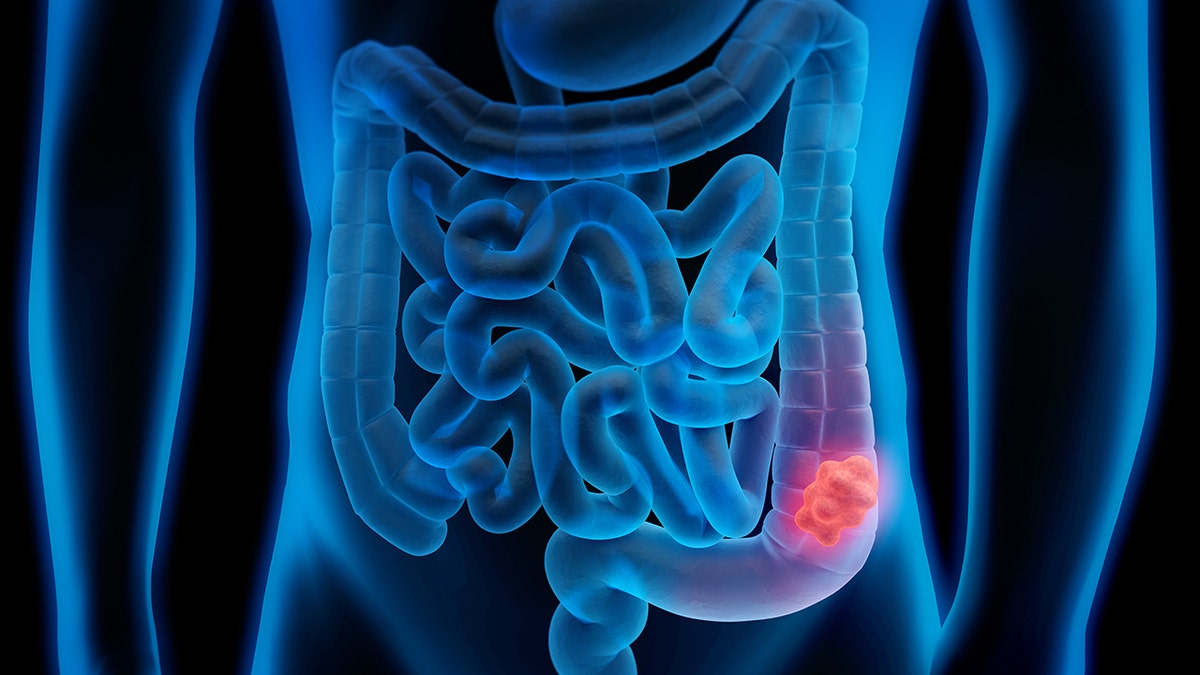
With nearly two million diagnoses and 903,859 deaths each year, colon cancer is the third most common and the second-leading cause of cancer deaths globally, statistics show. (iStock)
“Future high-quality prospective cohorts in underrepresented regions (e.g., Africa, South America) are essential for validation.”
With nearly two million diagnoses and 903,859 deaths each year, colon cancer is the third most common and the second-leading cause of cancer deaths globally, statistics show.
CLICK HERE TO GET THE FOX NEWS APP
Dr. Marc Siegel, Fox News senior medical analyst, was not involved in the study but shared his input on the findings.
“This is an extensive meta-analysis of close to 100,000 patients, which shows a marked decreased colon cancer risk with a diet high in cruciferous vegetables,” he told Fox News Digital.
CLICK HERE TO SIGN UP FOR OUR HEALTH NEWSLETTER
“These vegetables are high in fiber, antioxidants and especially glucosinolates, which are converted in the body to bioactive isothiocynates, which are known anti-carcinogens that decrease tumor formation.”
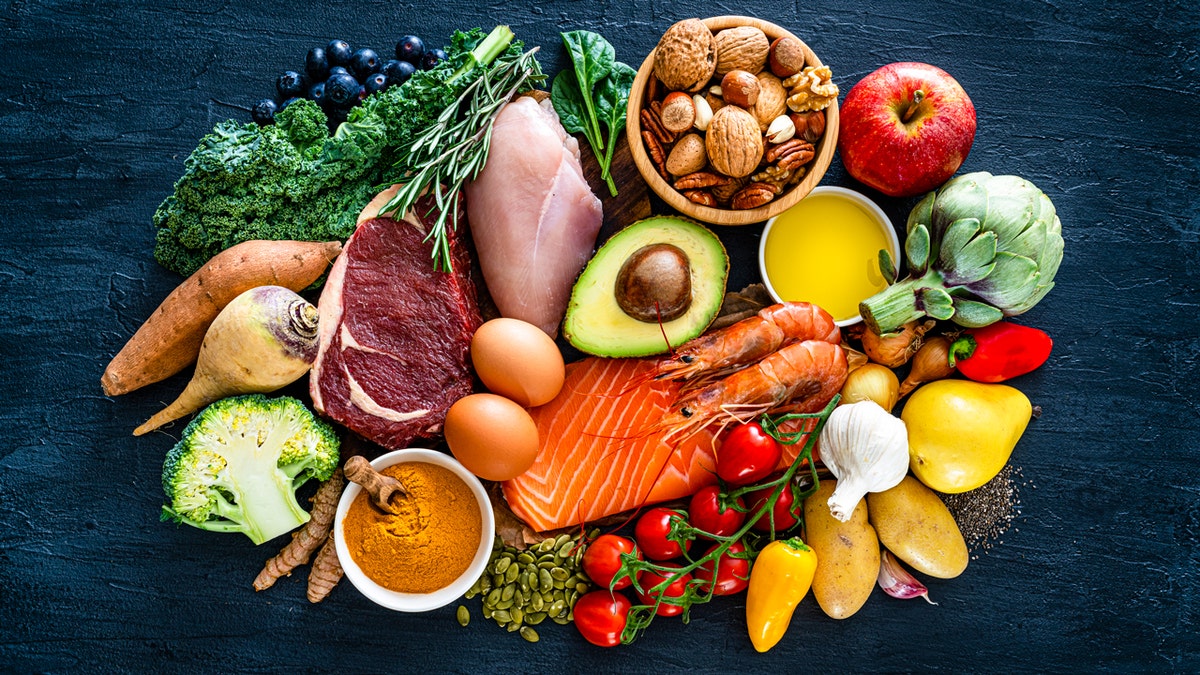
Dr. Marc Siegel said he also recommends the Mediterranean diet, which includes cruciferous vegetables as a staple. (iStock)
Siegel also reiterated the limitations, including the variance in how the diet was determined and the fact that it is mainly based on observational data.
“Still, this is very convincing — and adds to the growing literature showing that not only do ultraprocessed foods increase your risk of colon cancer, but healthier diets high in vegetables, especially cruciferous vegetables, decrease that risk.”
For more Health articles, visit www.foxnews.com/health
The doctor added that he also recommends the Mediterranean diet, which includes these vegetables as a staple.

